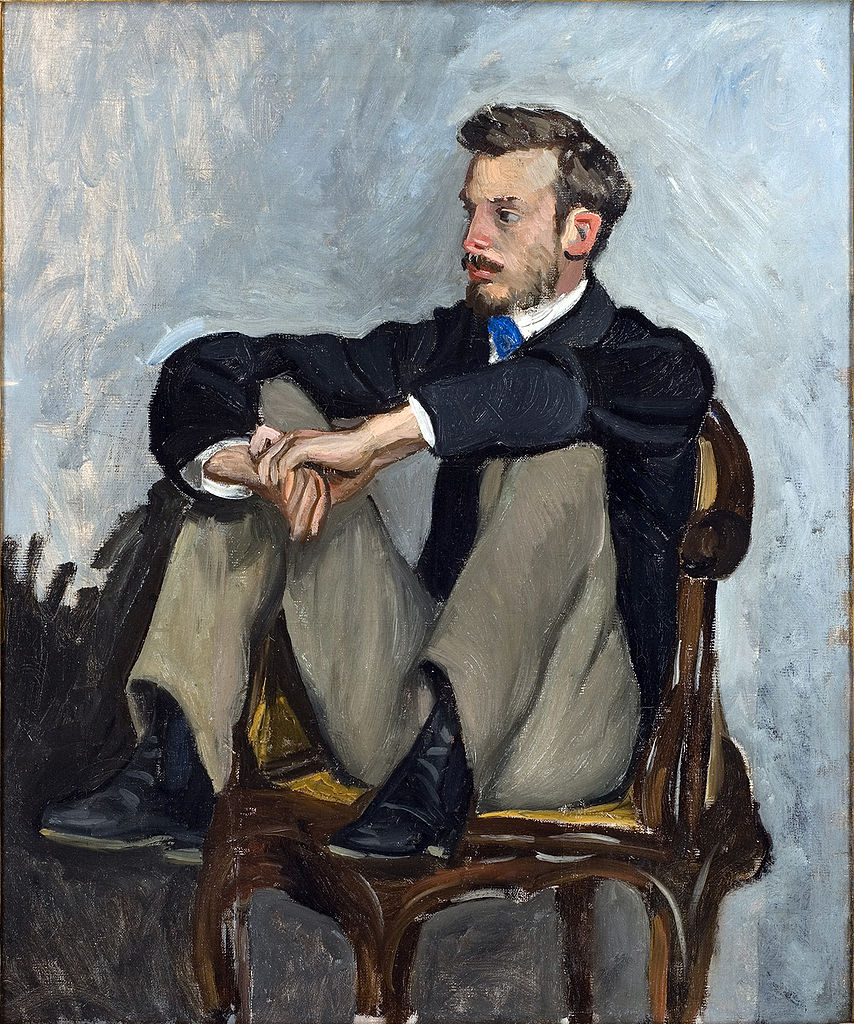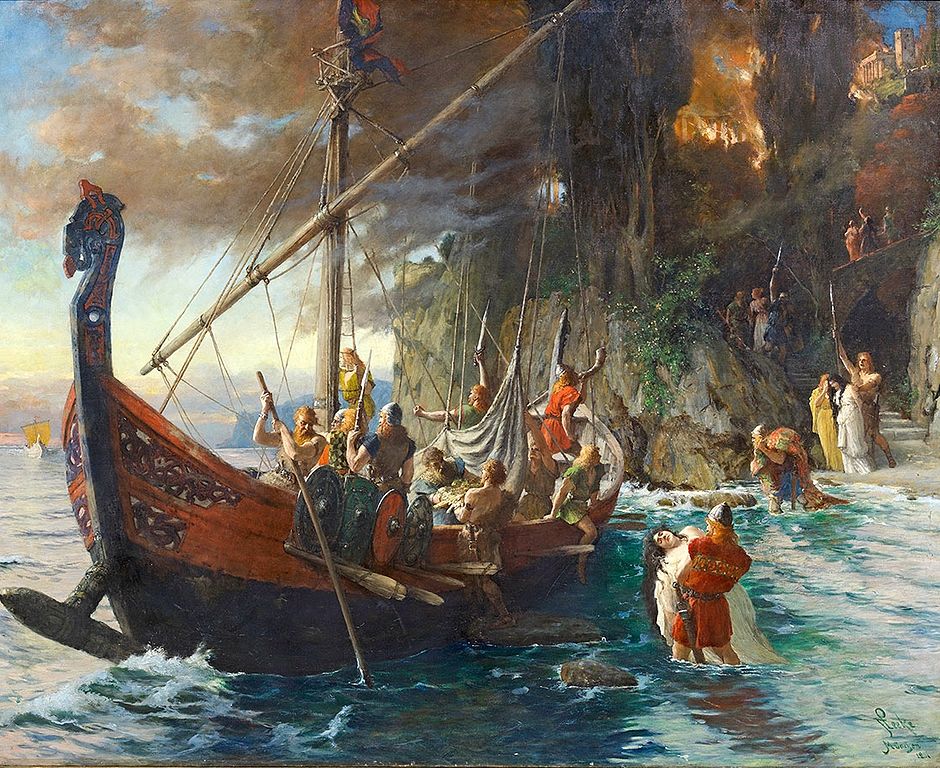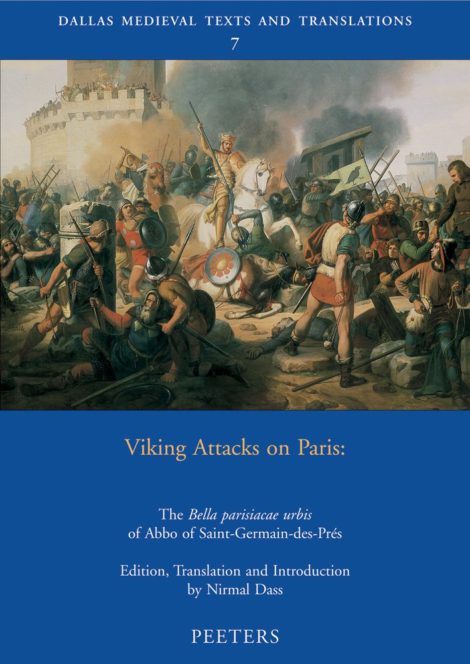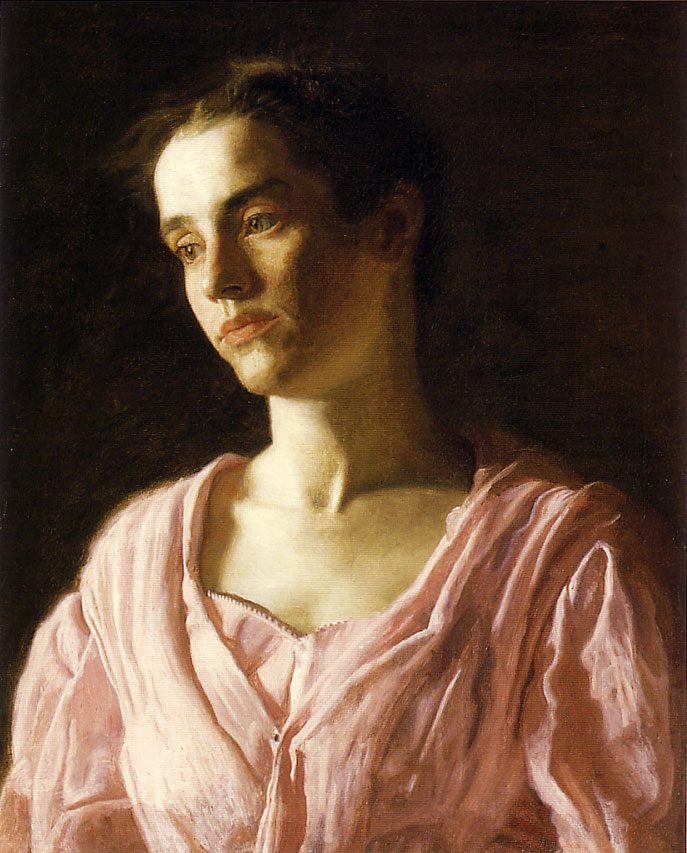Here is an invitation to enter into a great conversation that has been part of the human experience for a few thousand years – it is an invitation to be mindful human beings. We all possess an innate reflective nature, and we all want a thoughtful habit of mind. To make such reflection part of developing the character of a good human being was once the purpose of education.
But now, education has lost its purpose, and therefore it has drifted off into seas that it can no longer negotiate – skills training of any sort, which really means of no sort.
One such skill that received undue attention (because it is an artificial creature, fabricated to make it seem like education is doing something valuable, when it is not) – is something called “critical thinking.”
Much has been written on this “important” topic, but usually we are none the wiser for all this great endeavor – reading is on the decline, and attentions spans are getting shorter. In other words, how can you have critical thinking when no one reads anything longer than one or two paragraph?
It is is not a surprise, therefore, that those that promote “critical thinking” (often to safeguard their own salaries) want to reduce thinking to “a method” that can be effectively and profitably taught and learned.
This ends up a lengthy and meaningless list of “fallacies,” which must be avoided. This is all backed-up by things called “deductive” and “inductive” logic, so you can latch on to faulty conclusions, premises and arguments. Of course, how you actually apply of these so-called “fallacies” to real life is never discussed.
Education, through such means, becomes a bag of tricks, which are supposed to transform you into some sort of super-sleuth who can ferret out any and all types of shoddy thinking in order to destroy it.
In other words, there is now a big disconnect between what we are taught and what we are expected to do in life. This has led to the loss of reflection. Not that humans don’t reflect anymore – but that reflection is conditioned by a culture in which reflection doesn’t exist.
Human beings need to understand the content and scope of their reflection – because our thinking alone defines us and then creates the society we want to inhabit.
Reflection cannot, and should not, be a set of rules of a diluted form of logic, taught by the illogical. Rather, what we need is not a list of dos and don’ts – but a the creation of a habit – the habit of using our minds with the greatest care.
What we need now is a turning back to the true purpose of education – the creation of the mind, which can transcend all the urgent desires of instinct. It is reflection alone that makes the man.



